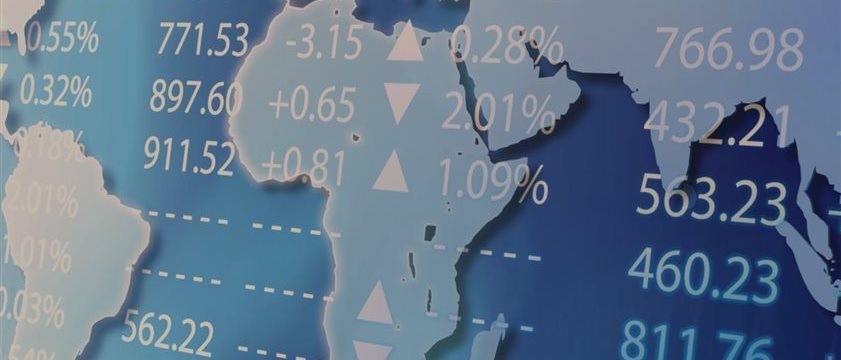1. Diversification
Despite the low 0.12% rate of return that many money market funds provide, cash has remained the center of the universe for many investors who seek the security of the dollar.

2. Liquidity
With the interbank forex market capturing approximately 95% of the
almost $5 trillion traded in G10 currencies, it provides the liquidity
needed to execute trades seamlessly

3. Regulation
Congress passed legislation in 2000 and 2008 requiring firms acting as counterparties to retail forex transactions, as well as forex pool operators, CTAs and introducing brokers to register with the Commodity Futures Trading Commission (CFTC) and become members of National Futures Association (NFA), the self-regulatory organization for the U.S. derivatives industry.

4. Transparency
Forex traders, whether in futures or the spot market have visibility into their account at all times. Whether they maintain accounts in their own name, at a bank or futures commission merchant (FCM), the underlying structure is the same.
5. Market access
If there is a bank open in the world, chances are the forex market is
open. It is a large, growing and liquid financial market that operates
24 hours a day, five days a week. It is not a market in the traditional
sense because there is no central trading location or exchange. Most of
the trading is conducted through electronic trading networks, permitting
market participants to react to economic events and currency
movements.
6. Leverage
FX trading allows for the use of leverage of up to 50-1, meaning that
you have the ability to control a large amount of one currency using a
small percentage of its true value. While the use of leverage is a
double-edged sword that can work against you as easily as it can work
for you, it creates greater opportunity to profit when used prudently.
7. Carry trading
FX transactions are quoted in pairs because you are buying one
currency while selling another. The first currency quoted is the base
currency and the second currency is the quote currency. The price, or
rate, that is quoted is the amount of the second currency required to
purchase one unit of the first currency. When holding an FX position you
earn interest on the currency you hold vs. the other currency in the
trade. To put on a carry trade, you buy the high interest currency
against a low interest one. For each day that you hold the trade, you
earn the interest difference between the two currencies.
8. No fixed contract size
While currencies can be traded on an exchange as a future, retail customers also have access to a thriving off-exchange over-the-counter (OTC) FX market. Access to the OTC market has key benefits, including the lack of set order sizes.
9. No commission fees
There should be no transaction fees beyond paying the cost of establishing the spread. While this can be more than commissions on futures, most FX accounts trade without commission and there are no exchange fees or data licenses.
10. Ability to find talent
When Congress required firms acting as counterparties to retail FX
transactions, as well as FX pool operators, CTAs and IBs, to register
with the CFTC and become members of NFA, it took an important step in
safeguarding the integrity of the FX marketplace. Before this
legislation was in place, the FX market attracted unqualified
individuals seeking customer funds, given the lure of the largest
actively traded market in the world (measured not only in terms of
market breadth but also in terms of the number of participants).



